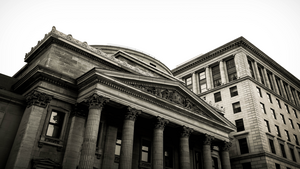S&P 500: 1.39% DOW: 1.18% NASDAQ: 1.66% 10-YR: 3.38%

Last Week on WallStreet - March 25th, 2023
What Happened?
All eyes returned their gaze to Fed Chairman Jerome Powell as he announced the FOMC's decision to hike interest rates by 0.25% and responded to fresh questions concerning the central bank's thoughts on the recent banking stress. While he retained his "data-dependant" language, markets seem convinced that this could be the last rate increase of this hiking cycle. This led to a rally in bonds and other interest-rate-sensitive markets, such as gold. Friday's session saw concerns over Deutsche Bank's stability send markets lower, but ultimately investors shook those fears to finish higher.
Beneath the surface, cyclical stocks such as Discretionary (3.0%), Technology (1.7%), and Materials (1.7%) led the way higher for the indices on renewed investor optimism. Utilities (-1.9%) and Real Estate (-1.9%) were the only two sectors to finish the week lower despite a strong comeback during Friday's session.
Fed Raises Rates but Nods to Greater Uncertainty After Banking Stress
- The Federal Reserve unanimously approved another quarter-percentage-point interest-rate increase
- This brings the benchmark federal-funds rate to a range between 4.75% and 5%, the highest level since September 2007
- Officials signaled that banking-system turmoil might end its rate-rise campaign sooner than seemed likely two weeks ago
- New projections showed almost all 18 officials who participated in the meeting expect the fed-funds rate to rise to at least 5.1%
The key takeaway - The Federal Reserve is now forced to contest not only the issues brought on by elevated inflation but must manage the potential financial instability brought on by recent bank failures. This dichotomy puts the regulator between a rock and a hard place as continued rate increases possibly needed to tame inflation could directly result in additional stress on the banking system. The first step towards this balancing act was backing off the 50 bp hike Powell alluded to just 2 weeks ago. The Fed renewed its vow to be data-dependant and respond to developments in both inflation and the banking system. Only time will tell what policies will be needed to combat these two competing issues.
Home Sales Spike 14.5% in February as the Median Price Drops for the First Time in Over a Decade
- Sales of existing homes rose 14.5% in February compared with January marking the first rise in 12 months
- Sales were, however, 22.6% lower than they were in February of last year
- For the first time in a record nearly 11 years prices were lower on a year-over-year comparison
- The median price of an existing home sold in February was $363,000
The key takeaway - One area of the economy undoubtedly impacted the most by the Fed's inflation fight is the housing market which showed in the first year-over-year price fall. Despite the demand drop-off producing lower sales, inventories remain at low levels which could produce a rebound in prices of buyers return. A brief reprieve in mortgage rates seen in January likely led to the spike seen in February's closed sales.
US Economy Speeds Up in March, S&P Finds, but So Does Inflation
- The S&P Global Flash US services-sector index rose to an 11-month high of 53.8
- The manufacturing index increased to 49.3 from 47.3 to reach a 5-month high
- Figures above 50 indicate expansion while numbers below that level indicate contraction
- New orders rose for service businesses while employment rose across both sectors
- Increased demand allowed companies to raise prices at the fastest pace in 5 months
The key takeaway - The services and manufacturing sectors have been extremely bifurcated in recent months as service businesses have grown strongly and manufacturers have been losing steam. February saw both sectors gain some ground and indicate the economy might not be as close to recession as many may think. This strength, however, does present a problem in the inflation fight as employment tightens, instead of loosening, and higher demand allows businesses to pass the increased labor costs on in the form of price increases.

From the Waterloo Watercooler
The SEC has warned Coinbase it plans to take enforcement action against the crypto exchange, continuing its aggressive stance toward the industry
LA schools shut down this week as the union representing the school district's support workers went on a three-day strike
TikTok CEO Shou Zi Chew testified before Congress Thursday to fight for the app's survival in the United States
Ford expects to lose $3 billion on its electric vehicle business this year. It’s the first time the automaker has released financials by business unit instead of by region



